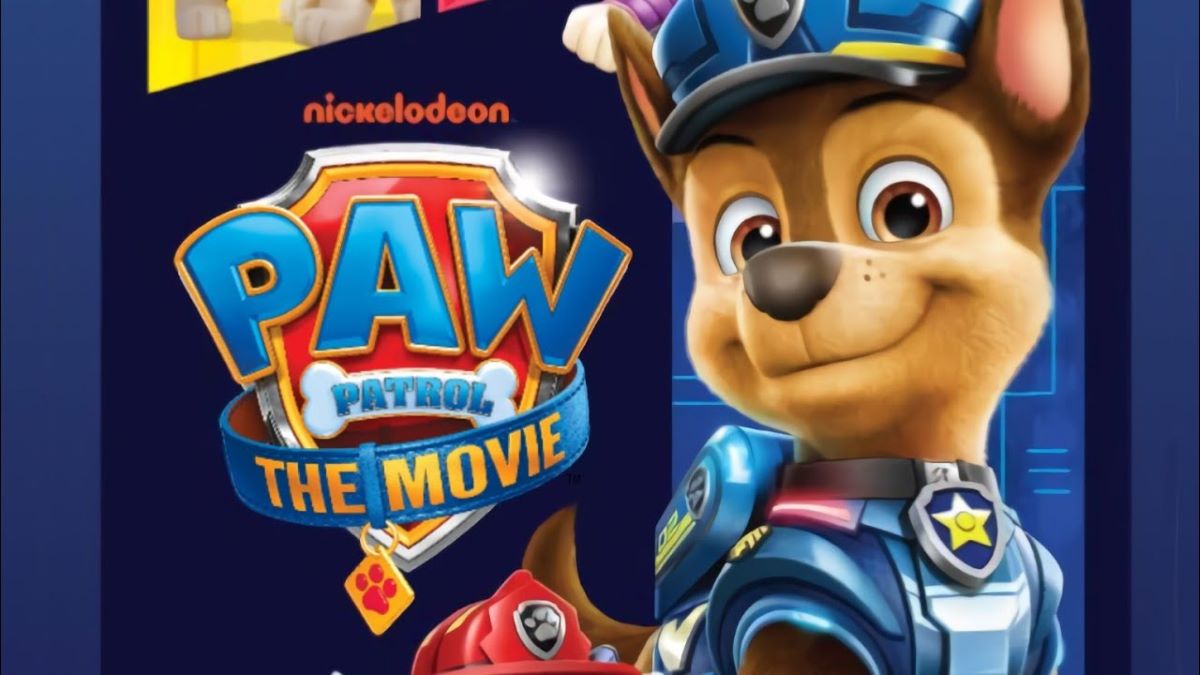The Controversy Around ‘Paw Patrol’ Raises Important Issues
Can children's media be "copaganda"?

The Paw Patrol movie is here, and children around the world are ecstatic. However, some adults are taking a second look at the show/movie and the controversy surrounding it.
Paw Patrol follows the human boy Ryder and his group of search and rescue dogs, among whom is Chase the Police Dog. Together, they go around their community and help people solve their problems. It’s a cute. simple premise that’s easy for its target demographic of young children to follow.
However, the show has also received a lot of criticism for its portrayal of police and the use of surveillance as a tool by the government, as well as for its outdated portrayal of female characters.
In the show itself, Chase the Dog and the other members of Paw Patrol frequently use drones and other technologies to search for missing items and animals. It seems very innocuous at first, but many argue that the use of surveillance in a kids’ show is excessive and could, in many ways, normalize constant surveillance for its young audiences. The Guardian has outright accused the show of being authoritarian.
While the police issue is the main source of controversy, an additional issue is that of gender representation. Of the six main puppies in the cast, the only girl is Skye, who is in charge of air rescue and wears only pink. Even Power Rangers has had better gender representation, with the average six-person team including two women. Reportedly, the movie has added another female puppy to the cast with Liberty, though she also wears pink as the main way of showing she’s a girl.
Still, a lot of the controversy is not due to the show itself but to the larger movement demanding police reform and a greater understanding that the public perception of the police largely doesn’t match up with reality.
The Irish Times noted that a lot of the discussion surrounding the Paw Patrol critique is “a joke, but it’s also not. As U.S. protests against racist police violence continue, the charges are mounting against fictional cops, too.” Basically, it’s a larger movement against “copaganda,” or media that glorifies the police without much thought as to the reality for so many Americans. Legally speaking, the police have no responsibility to ensure the safety of the people they serve. Don’t believe me? Look up Colorado v. Gonzales.
Much of the Paw Patrol backlash is similar to how people are reanalyzing the heavily militarized cartoons of the 1980s, all of which suffered from similar problems of glorifying the military and playing into gendered stereotypes. Honestly, most kids’ media has at least one episode that teaches children about the police and what they do to “serve and protect.“
It doesn’t help that Nickelodeon has leaned into portraying police dogs as just regular dogs with jobs.
Police dogs in general have been subject to much more scrutiny recently from police reform advocates and animal rights advocates alike. Using dogs to chase down suspects can and has led to biting and mauling incidents, including those of innocent bystanders. Police officers are free to kill family pets out of fear of being bitten, but police dogs are actively encouraged to bite? Make it make sense.
It doesn’t help that police dogs are often used for community outreach. “Being a police officer is cool! You get to work with a dog!” Basically, it’s the exact tactic used by Paw Patrol: use cute dogs to introduce kids to police work and make it look fun and cool.
Conservative Backlash
Of course, not all people see it that way. Many conservatives see questioning Paw Patrol as another attempt at “cancellation,” both literal and metaphorical. Back in July 2020, Trump’s Press Secretary Kayleigh McEnany incorrectly claimed that Paw Patrol had been literally “canceled” for its depiction of the police.
This was a complete lie, and three years later, Paw Patrol is as successful as ever, with the show being broadcast in 160 countries and raking in $300 million in toy sales each year, both of which will likely grow with the release of the new movie.
All in all, the controversy has had little to no effect on the success of the brand. However, it may inspire parents to pay a little more attention to the media their children watch and the messages it contains.
(featured image: Nickelodeon)
Have a tip we should know? [email protected]
